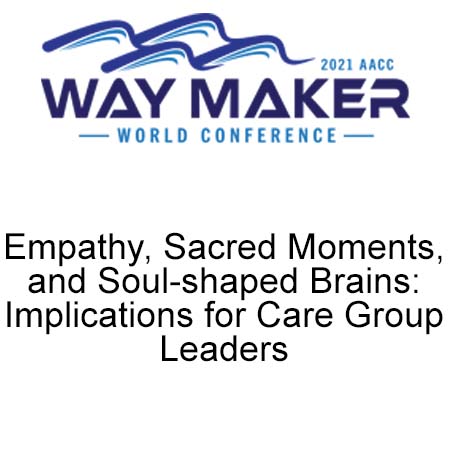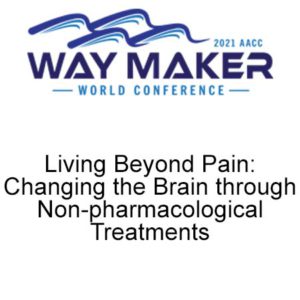Description
310: Empathy, Sacred Moments, and Soul-shaped Brains: Implications for Care Group Leaders
Stephen Greggo, Psy.D.
Trinity Evangelical Divinity School
2065 Half Day Rd.
Deerfield, IL 60015
Summary
Neuroscience confirms with tangible scientific evidence a conviction that group counselors have long held—healthy relational interactions trigger empathic moments that hold the potential to initiate changes in the brain and reshape neural networks. For Christian clients, relating with authentic Christian love may be good for the soul; it is also therapeutic for our social brains. The field of interpersonal neurobiology reminds us that emotional energy and information flow through the mind, the embodied brain, and interpersonal relationships. Licensed mental health professionals can experientially bridge the biblical admonishment toward grace-filled relationships that feature forgiveness, patience, kindness, and self-control via the primary curative factor in group counseling, namely, corrective emotional relationships for Christian clients. Further, sacred moments, experiences during which people perceive they encounter the sacred, are readily made tangible within an intimate therapeutic community context. The opportunity is ripe to extend care group ministries to promote interpersonal, intrapersonal, and transpersonal healing. Groupwork is vital to holistic soul care. This workshop explores how common-theme and support groups are rich resources for spiritual formation, mental health restoration, and reshaping neural pathways for better relating for Christian clients. In care groups, where mediated feedback is welcome as a source of constructive interpersonal learning, leaders foster restoration and growth through the activation and highlighting of empathic experience. The benefits of a process orientation for select ministry groups will be defined and explored. In short, trekking together in a kingdom-oriented group provides an ecclesial experience where redemptive intimacy fosters corrective emotional relationships. The vision for this workshop is to encourage licensed mental health professionals to embrace and expand the use of common-theme care groups, for these represent an outstanding ministry opportunity.
Learning Objectives
Participants will:
• Examine how early adversity combined with contemporary stressful life events can trigger disruption in neurobiological functioning, resulting in depressive symptoms and patterns of thinking, feeling, relating, and behavior that both exacerbate and maintain disrupted neural networks driving depression
• Describe how psychologists and licensed mental health professionals can assess clients’ exposure to early adversity and current stressful life events and explain to them how these factors contribute to their current depressive episode (biologically, emotionally, cognitively, behaviorally, and spiritually)
• Develop case formulation strategies for selecting evidence-based interventions designed to promote brain health, reduce depressive symptoms, improve quality of life, and prevent relapse





